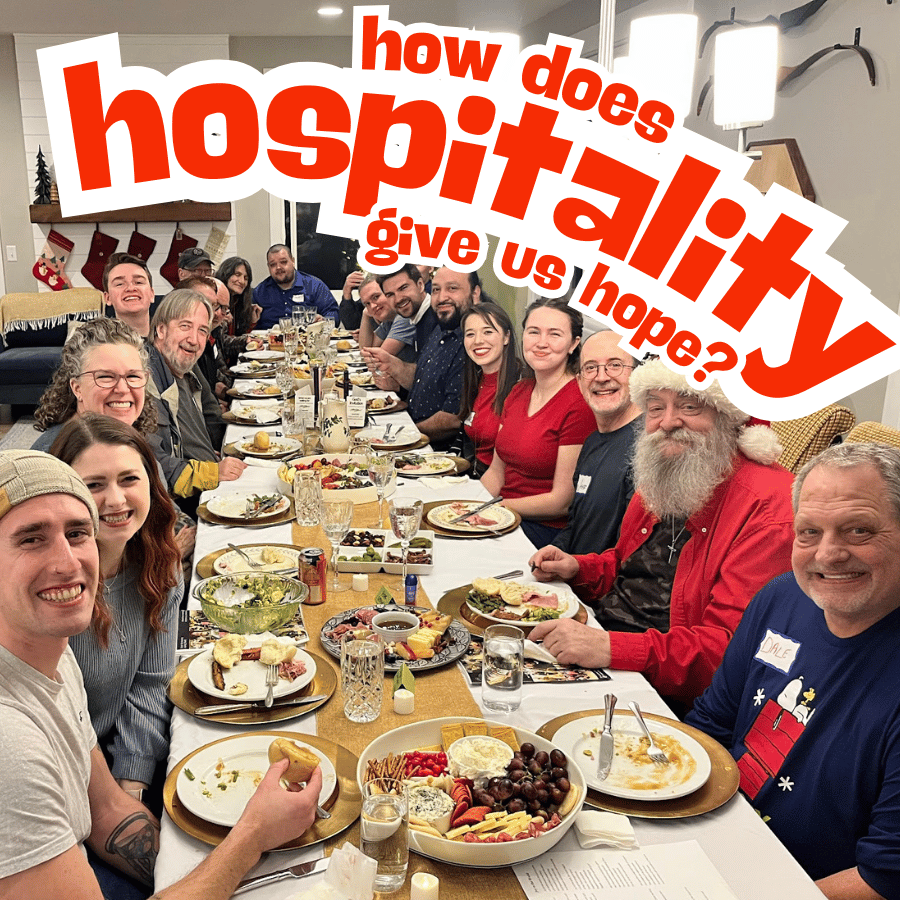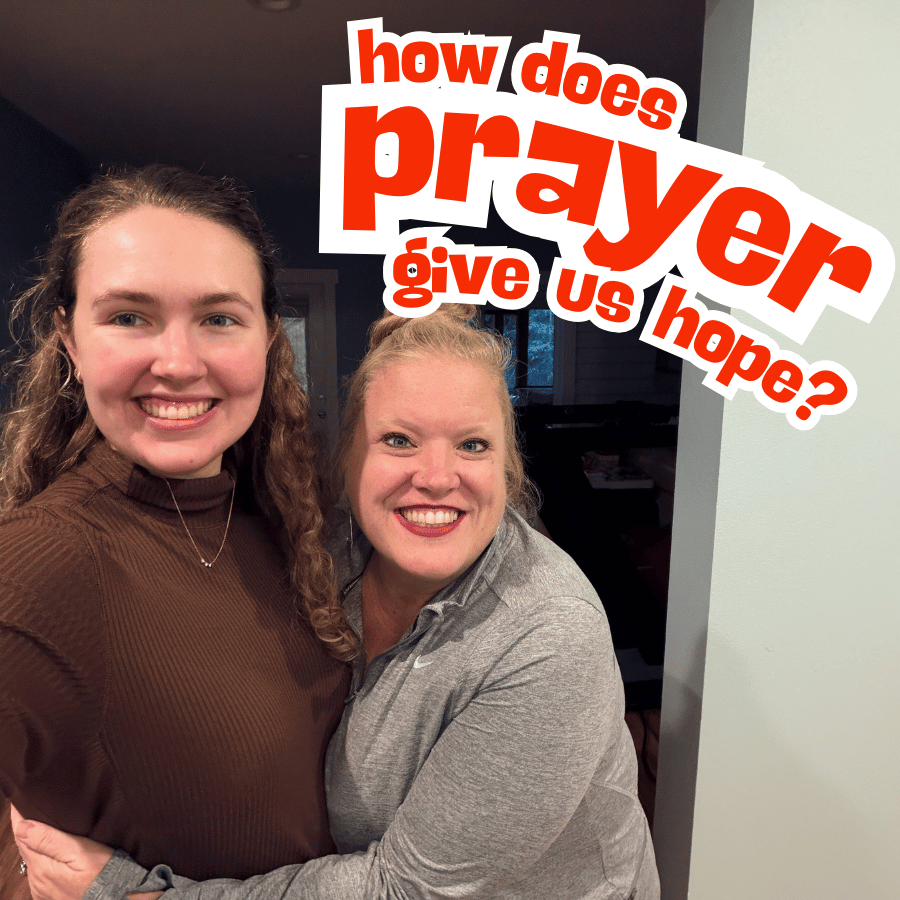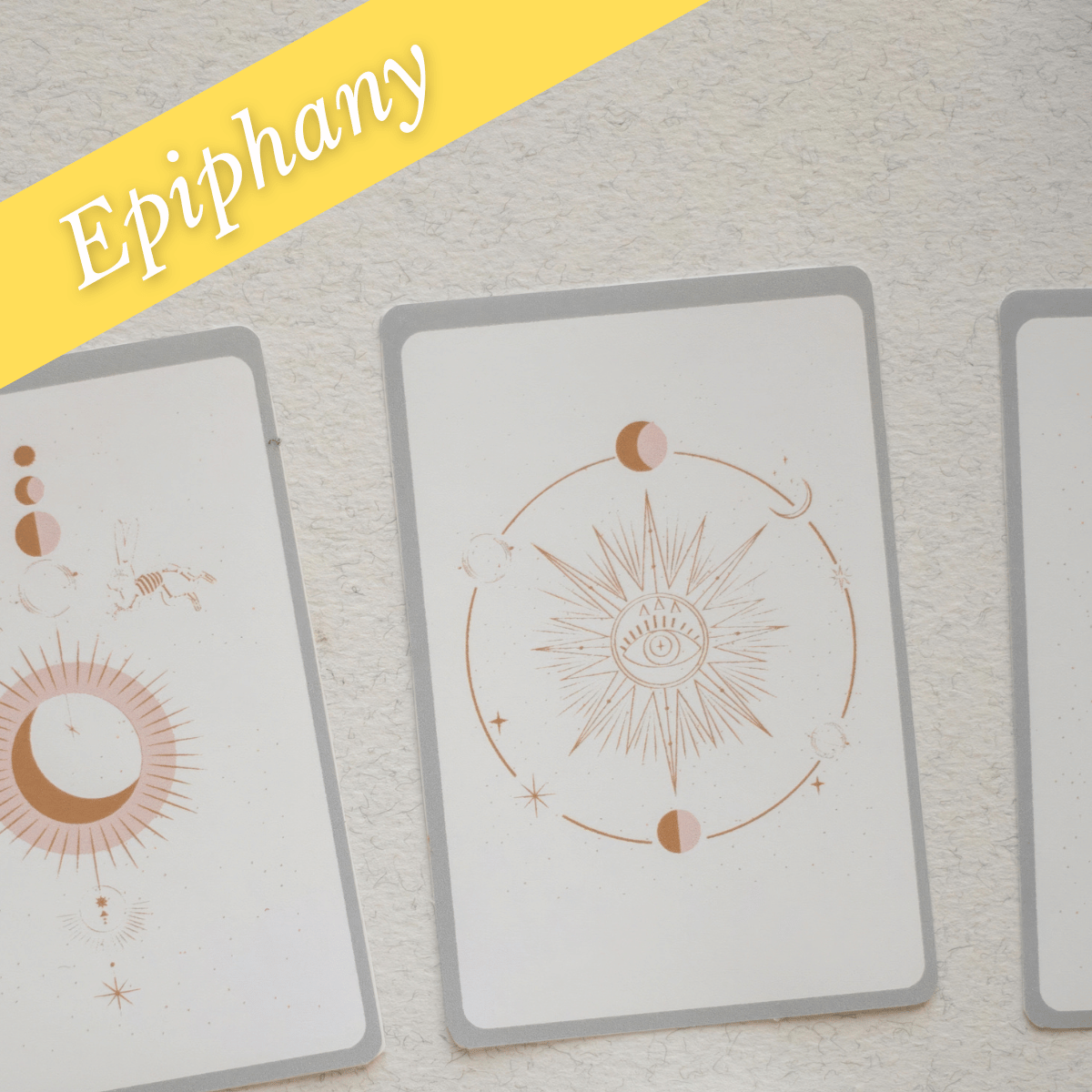On the Road of Palms
Written by Emma McCoy
5 minute read
Note: the following is a fictional short story exploring what it might have been like to be in Jerusalem, watching Jesus come into the city. Leading up to Palm Sunday, we’re reminded that the crowd who was waving palms would have been expecting Jesus to be their military savior who would have killed all the Romans and given them their land back. And Jesus didn’t do that; instead, God revealed his power in powerlessness, subverting all expectations. Please enjoy this piece of fiction as a way to get into the mindset of the crowd.
“Go find your father,” Mother had told me. I didn’t need to be told twice. I sprinted out the front door of our house, escaping the chores she had set out for me. Sweeping the front room of dust, hauling water with my chatty sister, and cleaning the milk buckets. Our old goat, Methuselah, always kicked them over and got them dirty.
I ran away from the house, not bothering to tie my sandals right, my older brother’s tunic tangling around my legs. Being the youngest of six meant never getting anything new. The tunic didn’t fit me yet, but hopefully it would soon. I was small but only getting bigger, maybe soon I could go to the well by myself and not have to wait for Miriam to finish talking to her friends.
Mother had said to go find Father, but as I rounded the corner, breathing hard, I realized I wasn’t sure where to start looking. I looked around. The baker’s was the store I recognized immediately, the warm and yeasty smell coming from the open windows. Even though it was getting late, people were still coming in and out. I narrowed my eyes, but father wasn’t one of them. Besides, getting bread was Uriah’s job. It was his old tunic I was wearing. I looked to the right, and counted the stores on my hand to see how far I’d come. The store that sold shoes and leather. The hot store with metal and fire. The one with pretty jewels on soft cloth that Mother always looked at too long on the way home. And the tax collector’s booth, which Father always said to never, ever go near. And then he would spit on the ground. Sometimes twice. I took a step back and spit on the ground.
My head turned to the sound of cheering. It was coming from further ahead, by the big road. I wasn’t supposed to cross the big road without Mother, Father, Uriah, or Miriam, but Mother had just told me to go look for Father, and as long as I didn’t actually cross the road, which was always full of poop anyway, I could go see if Father was near the noise.
I took off, weaving in and out of the crowd that was getting thicker. It was helpful being short—I could duck under carts and baskets and slip through gaps that the adults couldn’t. A horse snorted as I ran behind it—something else I wasn’t supposed to do. An old woman waved to me, but I didn’t know who she was, so I bowed my head and kept running.
Finally I came to the big road, which was as wide as two carts. I couldn’t see the road, there were so many people on either side. I couldn’t even see the buildings, either. Father could be anywhere! All the men were tall, wearing tunics, and had beards. They were waving big green branches, too, and cheering so loud my head hurt. I thought a close-up look might be better, so I started wriggling through the standing crowd. People pushed me and I nearly got stepped on, but I finally made it to the front, but all I saw was the big road covered in more of the green branches. I huffed.
“Josiah?” A voice above me said. Before I could turn around, I was swept up in the air and came face to face with Father.
“You know you’re not supposed to come near the main road,” he said sternly, and before I knew it, I was babbling.
“No, I’m not supposed to cross the road, and Mother said to come look for you and everyone was being very loud but I wasn’t going to cross the road I promise—”
“Oh, Adonai, you have blessed me with such a son,” Father said, and I knew I wasn’t going to be in trouble. Instead, he turned me around and placed me on his shoulders, and I grabbed his ears.
“Ow, you’re too big for that.”
I let go in favor of holding onto his hair, loosely, so I wouldn’t get yelled at again. From up there I could see the whole crowd and the entire road, which was covered in green branches and dust and dirt. To the left, a donkey and a group of men were coming down the road. The cheering got louder. I leaned forward and Father groaned and pushed me back on his neck.
“Who’s that?” I yelled. “The one on the donkey?”
“That’s—”
“And why are there green branches all over the road? Why are people waving them?”
Father settled me back on his shoulders and spoke loudly so I could hear him.
“That’s the Messiah,” he said. “The one the prophet Isaiah wrote about, who is coming to us to liberate us from Rome and restore to us our land and God’s glory.”
“Why?” I asked. “How?”
Father rubbed my legs. “A few days ago, he brought a man back from the dead.”
I considered this for a moment. “And Rome can’t do that,” I said firmly, and Father laughed. “No, no they cannot.”
I thought more about Rome and what it might be like if they were gone. I thought about what Father and Mother feared the most, and what made them the most angry. “So I’ll be able to go into the tax collector’s booth?” I yelled into his ear. Then, like Father does every time he mentions the tax collector, I spat. It mostly ended up in his hair. He sighed.
“We won’t have to have a tax collector at all,” he replied. Then he spat safely to the side.
The man on the donkey got closer and closer, and I couldn’t take my eyes off him. He looked safe and immediate, even though he was on the big road and I was on Father’s shoulders. The crowd was putting the green branches on the road in front of him.
Generated with AI, modified by Jessie
“Why are they doing that?” I yelled.
“They’re palm branches,” Father explained. “They’re meant for victorious soldiers coming home from battle.”
“Is the man a king?” I asked.
“He is the Messiah,” he replied. “He’s better than a king. He’s going to beat Rome.” We watched the man on the donkey continue down the road. I couldn’t remember who the prophet Isaiah was, exactly, even though Mother read from the Torah to me most days. It was hard to keep all the names together in my head. I liked being on Father’s shoulders, watching everyone and the road. I had him all to myself.
“Wait!” I yelled. “I have to bring you back home! Mother said!”
Father laughed and swung me down. Father rarely laughed, and my stomach swooped as he set me down. “It’s alright,” he said. “I’ll explain to your mother.”
“Explain what?”
“That we were late because we saw our savior coming into the city.” Father’s eyes were bright and happy, and I clung to him because he was happy and the crowd was cheering and I’d never seen anything like it before.
“He’s going to kill all the Romans, and everything will be like it was before. The city will be ours again,” he assures me.
“And no more tax collectors,” I said, and spat on Father’s feet. I thought he might get angry, but he just laughed again.










3-minute read